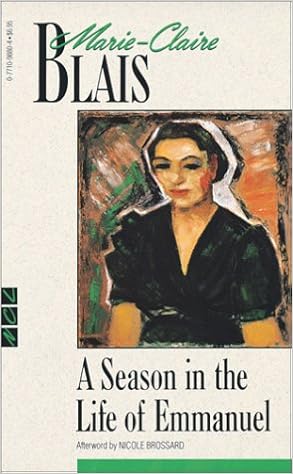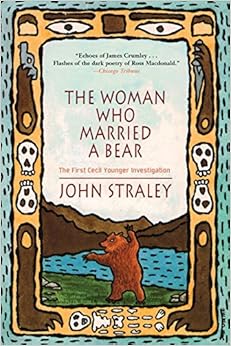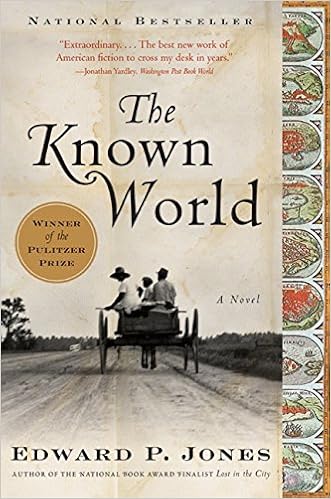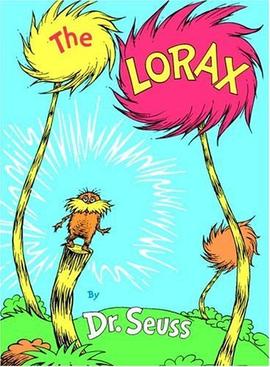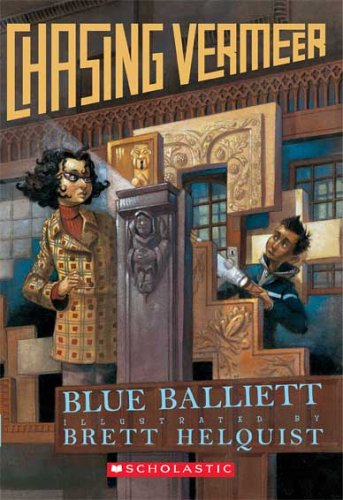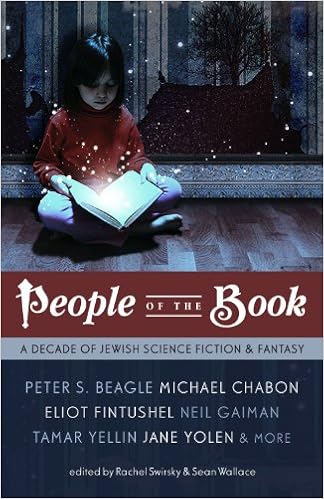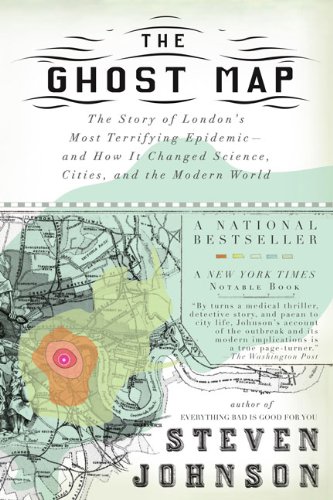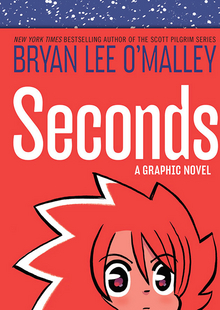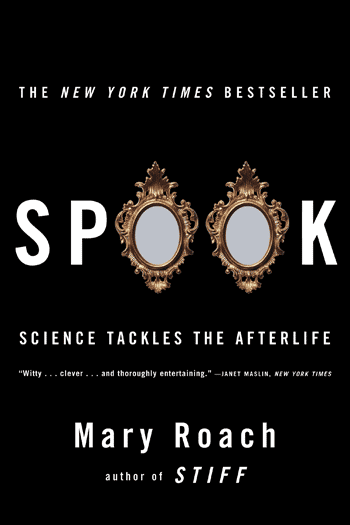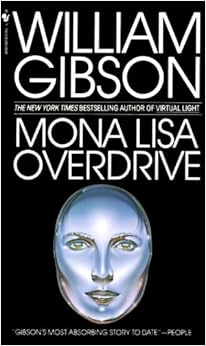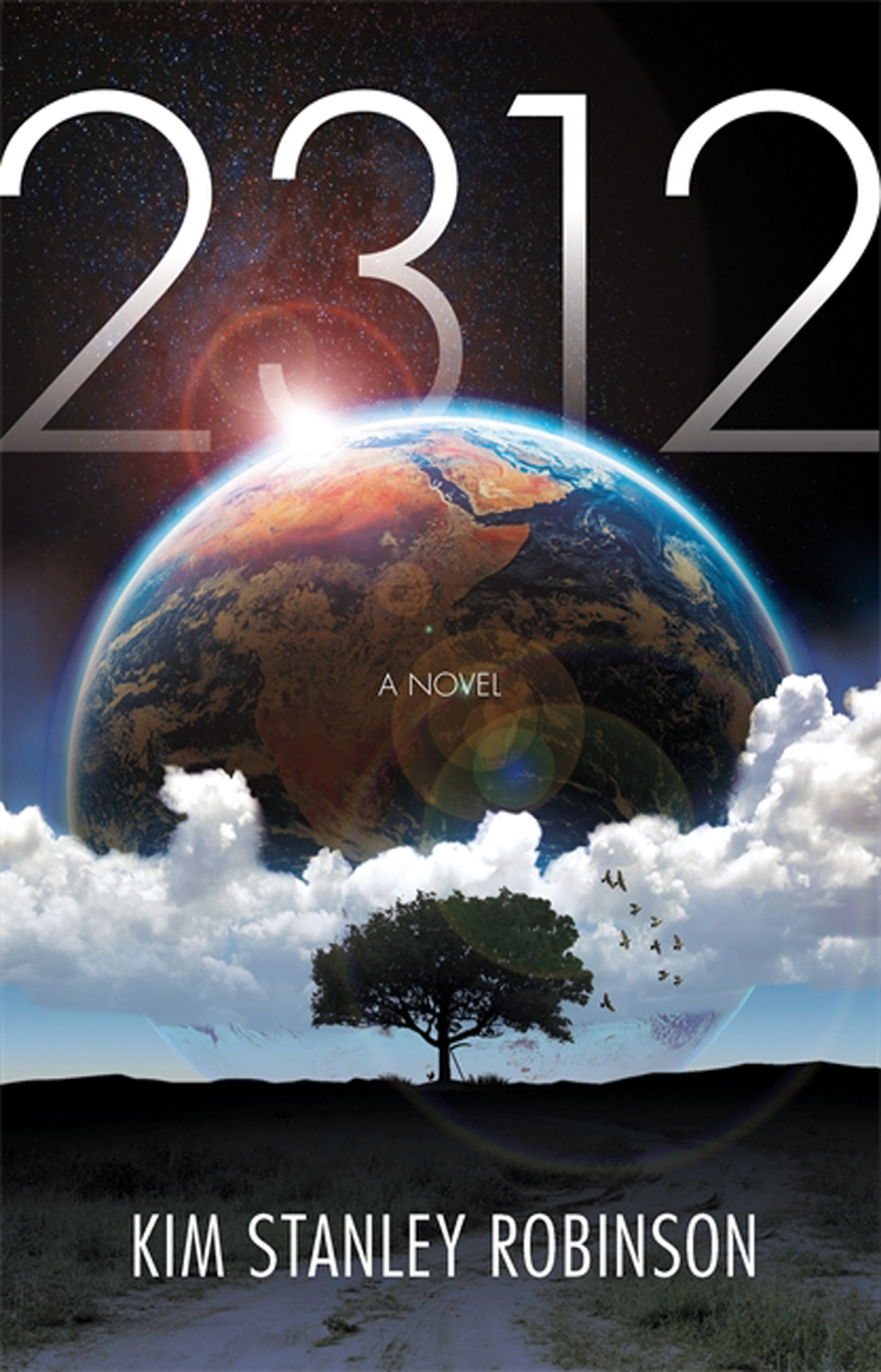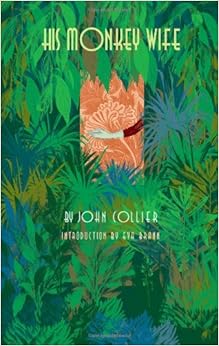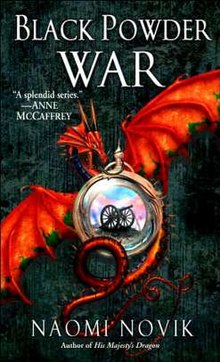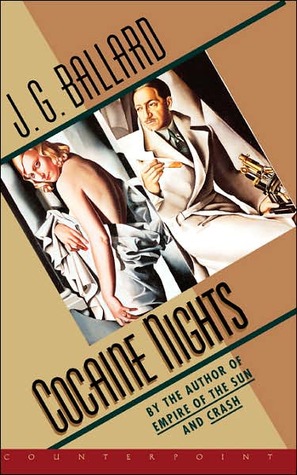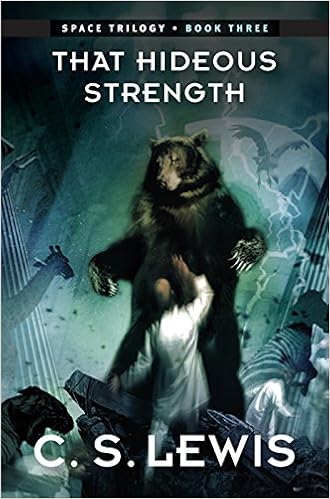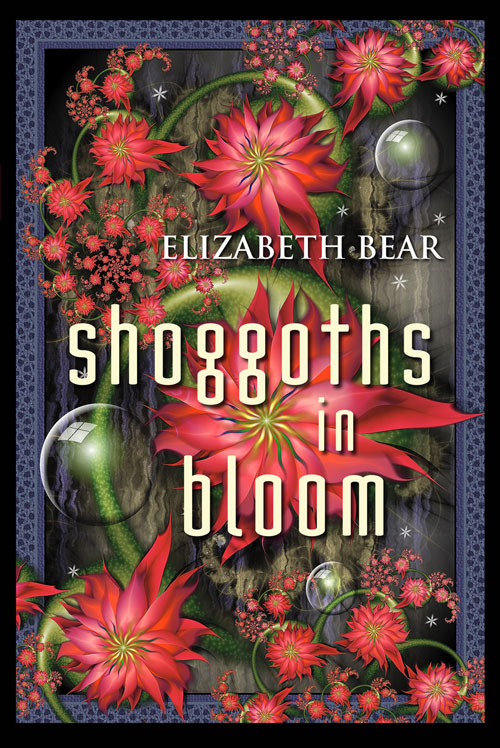My husband pointed out that I'm pagan, and my new year actually comes on October 31st, so I could start the Dust Cover Dust-Up then and finish probably just before the calendar rolls over. This solves all the problems, as far as I'm concerned. So the 2015 Dust Cover Dust-Up is a bit shorter than usual, just covering January-October 2015. Next year, I'll start shortly after Hallowe'en with a full year of books to battle.

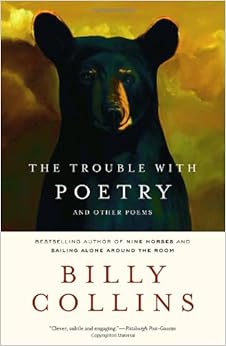
Use of Weapons by Iain M. Banks vs. The Trouble With Poetry by Billy Collins
Use of Weapons was not my favourite Banks of the year. In fact, it was one of the ones I found most opaque and frustrating, with a twist at the end that I had both guessed, and found frustrating, because withholding the information makes the rest of the book frustratingly distant. So it's not really difficult to award this battle to my favourite poet at present. While The Trouble With Poetry may not have knocked me quite as much on my ass as did the previous book I'd read by Collins, Sailing Alone Around the Room, there was plenty of joy to be gotten from this one.
Winner: The Trouble With Poetry

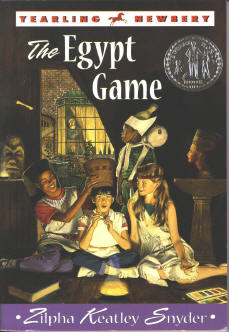
The Scar by China Mieville vs. The Egypt Game by Zilpha Keating Snyder
Another easy battle. Soon, no doubt there will be battles that rip me apart to choose, but for now, I get to pick one of my favourite authors in a tale of urban fantasy-at-sea over a mediocre children's book. Snyder's work is fine, but it can't compare with the politics of the world in which New Crobuzon exists, where a floating pirate city attempts to harness a creature from beyond the depths for reasons only a few actually know. It's about betrayal and trust, and as always, truly swoon-worthy prose.
Winner: The Scar
.gif)

The Jewel in the Crown by Paul Scott vs. Machine Man by Max Barry
So, do I pick a vast book of English colonialism in India, in only its first volume? Or a paean to adapting the human body no matter the cost? Barry's book was entertaining, but it was more action than ideas, and the ideas were provocative enough I wished there'd been some time spend on them. On the other hand, while not everything comes out in The Jewel in the Crown, there's enough here to award it this round.
Winner: The Jewel in the Crown

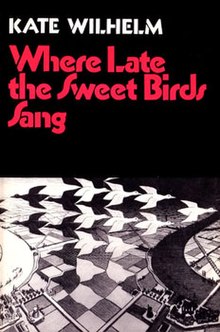
The Beautiful Room is Empty by Edmund White
vs. Where Late the Sweet Birds Sang by Kate Wilhelm
The battle of books with long titles! One is about a young man discovering his sexuality in, among other places, New York. The other is about the long-term problems of cloning and the cost to the human spirit. Science fiction vs. mainstream fiction. Well, possibly not mainstream, but not genre. Both were interesting, neither knocked my socks off. I guess we fall back on my old test - which would I rather read again right this moment? My nerd loyalties say that it's Where Late the Sweet Birds Sang.
Winner: Where Late the Sweet Birds Sang


The Princess Diaries by Meg Cabot vs. Fortune's Pawn by Rachael Bach
Such an easy choice! I really disliked The Princess Diaries, so while I didn't love Rachael Bach's book, I certainly enjoyed it enough to award it this round! I don't really have any more in-depth analysis than that.
Winner: Fortune's Pawn





